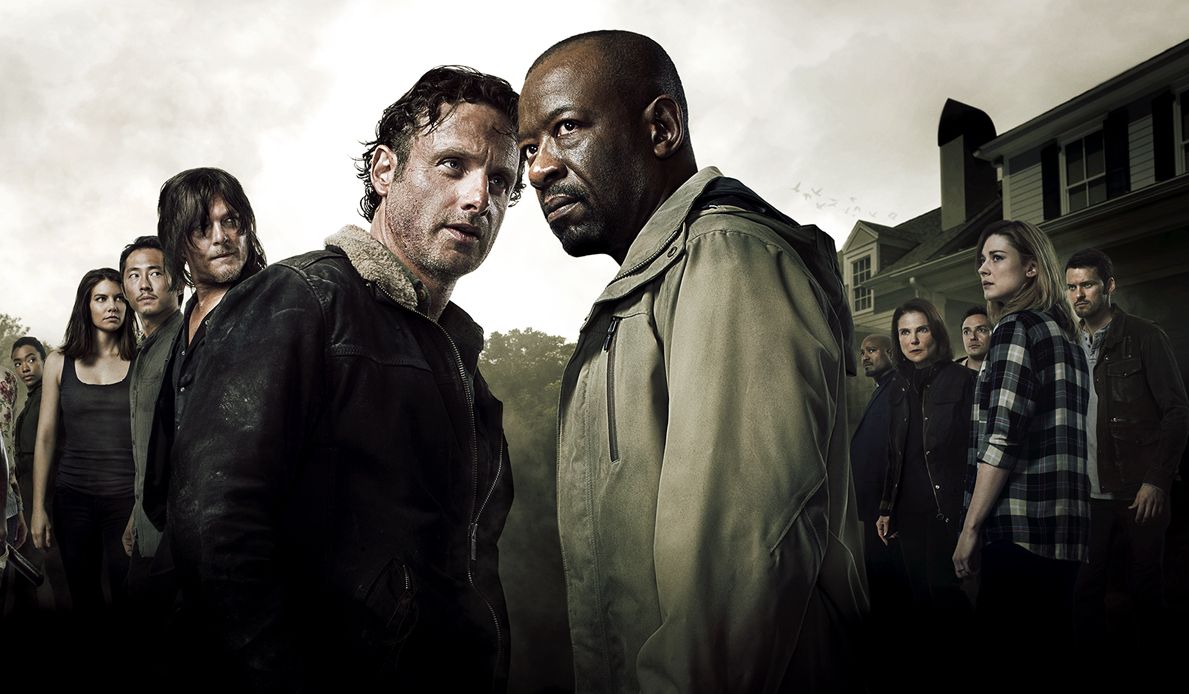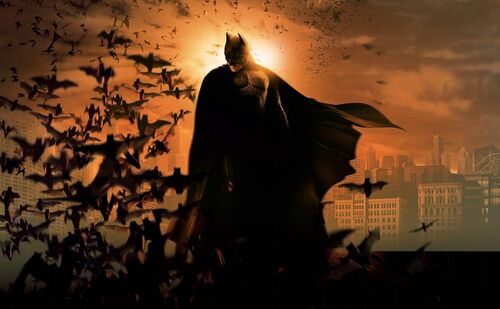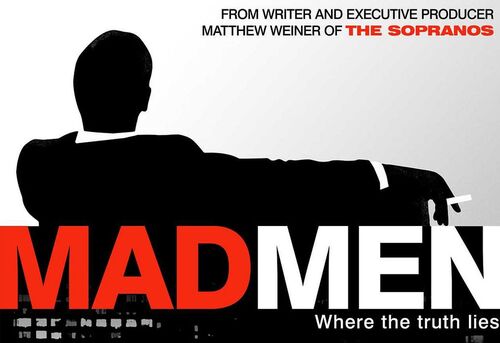
The Walking Dead, Season 6, Part 1 - Pieces of a Dissatisfying Whole
 If The Walking Dead has the tendency to entice us with occasional quality storytelling only used to frame poor narrative movement in between, then season 6 is instead a practice in taking a downward slope. Ultimately, it ends with dissatisfaction, and the eight episodes feel like build-up to an empty payoff.
If The Walking Dead has the tendency to entice us with occasional quality storytelling only used to frame poor narrative movement in between, then season 6 is instead a practice in taking a downward slope. Ultimately, it ends with dissatisfaction, and the eight episodes feel like build-up to an empty payoff.
Its self-imposed structure leaves a lot to be desired, as has often been the case in the series' six year course. But this year's failure so far has felt a little less structural and more a matter of the show setting itself standards impossible to maintain.
The opening three episodes set a pace unlike what we've seen in the show to date. Dread and tension drives the beginning, frantic in purpose but also in plot.
Rick devises a plan to shepherd a massive herd of walkers away from Alexandria, therefore keeping the walls safe from a major threat. Of course, everything goes south when half of the community is out deal with the threat. Disastrous consequences come from all of this, quality aided by some, occasional, top notch character work.
Rick's leadership is impossible to challenge, and his decision making is always spot on. And, brilliantly, it's so hard to justify that fact in our heads. His methods are questionable, his mind-frame unstable, but the man is the smartest person in the room.
In the opening episode, Rick, Morgan and Ron are staring out at the enormous and (temporarily) contained herd of walkers, all following a path up to a roadblock. The scene is recalled again in episode 8, when the ants are crawling down the wall and onto the ageing food in one boy's bedroom.
But the nuances can't save the show from failing to flesh Alexandria out. The town has been around for about thirteen episodes, and yet it still feels empty. Its inhabitants are either dead now, or unseen. Its streets are still alien to us. It's a place that's supposed to feel like a haven, like a home that the group can finally properly fortify, and hole up in for a good long while.
But even as Deanna talks about the legacy she hopes to leave behind, it feels undeserved. Alexandria never feels all that special, or even worth it. Its populace is made up of people who are entirely uninteresting, and who are completely incapable of handling themselves.
Which is where the show backed itself into a corner. One episode spends nearly its entire run-time following these people around but, for the most part, it's a failure. Perhaps the most potential existed in newcomer Heath, introduced in the premiere. But he was forgotten about in the second half of the lot. At this point, Alexandria doesn't feel real enough. But at this point, any time spent away from the core characters dampens the episode. It's a lose lose due to, arguably, some poor planning and lack of early development.
Many will remember this half-season for the Glenn controversy, though this is only really driven by the ploys the show implemented to keep it ambiguous. The outcome was predictable, but disappointing when it became evident that those predictions were spot on. His name was removed from the credits, and the showrunner was cryptic about the whole thing. In the end, they played it safe.
From the fifth episode onward, it's a waiting game. We're just waiting for the herd to arrive. We're waiting for Glenn to return. We waited for the group to come back together. And we waited for a payoff.
That payoff never came. Instead, the mid-season cuts right at the crux. A proper conclusion, perhaps an hour long episode, would have made the good and bad so far that much more satisfying and forgivable.
What it adds up to is a season that, so far, has parts far greater than the whole, and parts that are diminished by an empty conclusion. Yes, this is the first half of a 16 episode-long season, but it's split in half for a reason. The Walking Dead has adopted this structure, and has run with it since season 3. The problem is they've never gotten it right.
It allows an opportunity to tell short, sharp sub-stories, which is integral given the nature of the show (that nature being; the zombie movie that never ends, literally without an endpoint). Season 4 ended its first half with a satisfying push into the future of the show, with a high stakes finale that was absolutely gut wrenching.
Season 5 whimpered with a baffling story-line set in Atlanta that couldn't end quick enough. This one instead cut it off short, demanding us to wait three months before we get to find out how it all ends. Already, the second half is at a disadvantage.
Apart from some important advancements in the core cast, like Maggie's pregnancy, and despite a compelling conflict built between Carol and Morgan, the season stopped feeling important around halfway through. While it is at times faulted for its insistence on taking detours and following particular characters for an episode, these aren't even the lowest part.
Morgan's backstory is arguably the high point, preceded by three intense episodes without diminishing their power. Daryl's episode is interesting, yet offers a poor and baffling introduction to the coming threat. Still, the fact that Dwight made away with Daryl's crossbow (the comic version of the character is famous for that particular weapon) could make for one of the show's greatest pieces of foreshadowing to date.
With a cliffhanger that's as frustrating as it is teasing, The Walking Dead continues to show that it is consistently inconsistent, unable to maintain a level of quality that it has, aggravatingly, proven itself capable of. The faults lie in the writing and the structure, but its often salvaged by characters we've become thoroughly attached to. Still, it can't always be enough. Season 6 has cut down on the filler but instead falls short on world-building, as well as telling a cohesive story.


